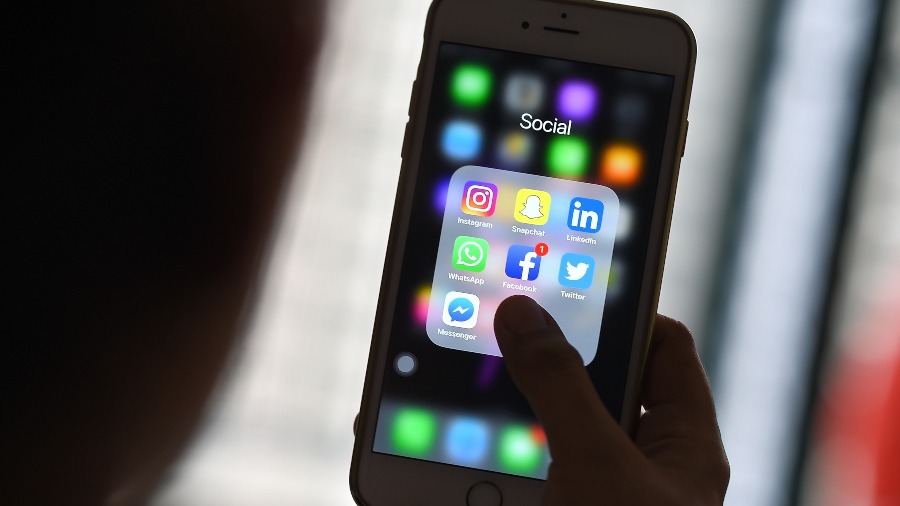
Research by this medium shows how Facebook has prioritized punishing inappropriate behavior in affluent countries, whether large or with media attention.
An investigation by the British newspaper The Guardian shows how the social network Facebook acted negligently and slowly in the face of information manipulation and intimidation of political opponents on its platforms.
This according to the media despite the fact that the technology company was aware of this situation.
According to The Guardian, Facebook’s response teams to inappropriate content have acted quickly in situations that occurred in large countries such as the United States, Taiwan, South Korea or Poland. On the other hand, when the abuses took place in smaller or poorer countries, such as El Salvador, Honduras or Mongolia, the response was considerably slow.
SEE: Nayib Bukele “must respect media freedom,” said Joe Biden’s advisor
In the case of El Salvador, of which the article gives no further details or when it happened, it took Facebook 94 days to deal with a complaint about inauthentic behavior. This involves creating false or deviant accounts to “blow up” the content of a political leader. This in contrast to the cases in Taiwan, where it took 11 days; The Philippines or the United States, where it took seven days; or even Poland, where Facebook was dissolved in just one day.
According to The Guardian, this contrast is due to the technology platform “prioritizing tackling abuses that attract more media attention or affect the United States or other rich countries.”
In addition, The Guardian cites Sophie Zhang, a former Facebook employee who claimed that “a lot of damage has been done by Facebook that goes unanswered because it is not considered a public relations risk big enough for Facebook.”
In recent years, social media platforms have served to protect networks from disinformation, manipulation and characterization of adversaries as enemies through hate speech and cyberbullying.
This has reinforced authoritarian leaders and extremist or hate speech around the world. For this reason, companies such as Facebook or Twitter have been harshly criticized for failing to act in a timely manner to avoid this bias of information.
ALSO: APES does not rule out the possibility that the closure of FocosTV is due to censorship
When she was fired from this company in September 2020, data analyst Sophie Zhang left a memorandum detailing how she found “multiple and explicit attempts by foreign governments to widely misuse our platform (Facebook) to create their own platform. citizenship ”and added a lament,“ I know I have blood on my hands ”.
Faced with accusations that Facebook sees no incentive to fight disinformation in small countries, a company spokeswoman Liz Bourgeois stated that “we fundamentally disagree with Zhang’s characterization of our priorities and efforts to remove abuse from our platforms.”
He added that the company is “aggressively” trying to eliminate inappropriate content around the world and that they have eliminated more than 100 networks of inappropriate behavior around the world, including Latin America.
Honduras case
While the Guardian investigation does not reveal more information about the Salvadoran case, it does reveal similar abuses in Honduras, where President Juan Orlando Hernández received 90% of all content from these false or deviant reports.
Zhang found that the president’s staff were involved in this manipulation by managing networks with hundreds of thousands of false interactions, such as likes, comments, or replicated content.
According to the Guardian report and information from former employee Sophie Zhang, Facebook took 344 days to shut down this network. Almost a year longer than it took to deal with a similar situation in Poland.
POSSIBLY INTERESTED: Factum journalist receives death threats